The Alliance 2030 goals are inclusive of both environmental and social responsibility. When we launched the Global Hub, we received feedback that in order for social experts to collaborate and join forces with the environmental community in our collective impact work, the Alliance and its Global Hub members must build relationships with social experts and defer to their expertise.
To make progress, the Alliance invited fourteen experts (with others invited, as necessary) to join the Seafood and Labor Rights Discussion Series, five facilitated conversations with Alliance Board members and practitioners at the intersection of environmental and social improvements.
GOALS
Based on consistent feedback from environmental non-governmental organizations (ENGOs) and social responsibility experts that a lack of trust was undermining social responsibility initiatives in the seafood space, the goals were kept simple:
- Build trust and relationships
- Share knowledge
- Discuss different approaches and strategies
PARTICIPATION
Formal Participants
- Francisco Blaha, Consultant
- Dave Martin, SFP
- Dr. Jess Sparks, Tufts University
- Dr. Lisa Rende Taylor, Issara Institute
- Dr. Yemi Oloruntuyi, MSC
- Lori Bishop, Consultant
- Juno Fitzpatrick, Conservation International
- Darren Mitchell, FISH Safety Foundation
- Cecilia Blasco, SmartFish
- David Dietz, GSA
- Daniel Murphy, Consultant
- Kelley Bell, FishWise
- Melissa Luna, FishChoice
- Zac Edwards, IPNLF
Informal Participants
- Chris Williams, International Transport Workers’ Federation
- Mark Taylor, Issara Institute
- Kim Rogovin, GLJ-ILRF
Participants were selected for their specific subject matter expertise and willingness to participate in this type of project (a particular hurdle for social organizations.) Each participant brought different levels of understanding and approaches to improving social responsibility. While some were in the group to learn, others have been involved in similar discussions and wanted to work toward next steps and greater alignment. Stipends were made available for participants.
WHAT WE LEARNED
These facilitated conversations led to candid sharing on what has and has not worked in past efforts and what challenges and opportunities exist on the horizon.
Feedback from the social responsibility experts was blunt:
- ENGO approaches to environmental issues should not be applied to social responsibility issues.
- Social responsibility organizations often work with significantly less funding than their ENGO counterparts. When better-connected, better-funded eNGOs receive funding for social responsibility work it can breed animosity.
- Social responsibility organizations often interpret ENGO efforts on social/labor issues as:
- attempts to “recreate the wheel”. This is often interpreted as the work already being done or the tools already available, and/or
- insufficient to meet international standards.
- Social groups would like access to ENGO business partners. They feel ENGOs jealously guard their partners, hindering efforts to improve those businesses’ social performance.
- Social organizations believe a commitment by ENGOs to always connect their business partners to social organizations would be a powerful step towards building trust.
- ENGO interactions with social responsibility organizations are often seen as extractive.
- There is significant interest in fully developing the ‘min-spec’ for social responsibility in seafood.
Environmental NGOs shared:
- They value these opportunities to speak and would like to engage more with social responsibility organizations.
- Their business partners are often adamant in not wanting to engage with yet another NGO around seafood. What is interpreted as an attempt by environmental NGOs to enter the social space is sometimes simply the NGO doing their best to meet their partners’ demands.
- An acknowledgment that more can be done to engage social responsibility experts in their projects.
- A real desire to learn more about social responsibility. “Even if we engage more with human and labor rights experts, we need to understand how our work may be negatively impacting workers or communities so we can come to those conversations ready to ‘do no harm’.”
- An interest in fully developing the ‘min-spec’ for social responsibility in seafood.
Overall, we found the series to be a valuable learning opportunity that was successful in its goal of creating a space for honest discussion on this critically important topic. Participants were eager to engage in conversation and did so with open minds, eliminating any ill will when receiving critical feedback. We believe that providing stipends to support folks’ time eliminated worries about the process feeling extractive. And, in focusing on making people feel heard rather than producing a final deliverable, we made an important step forward in relationship-building between groups.
As the series wrapped, participants’ excitement bubbled over into a desire to complete something together. We are heartened by the demonstrated desire to seek meaningful collaboration between ENGOs and human and labor rights groups and very much look forward to continuing to pursue just that with this Global Hub community we are so privileged to convene.
